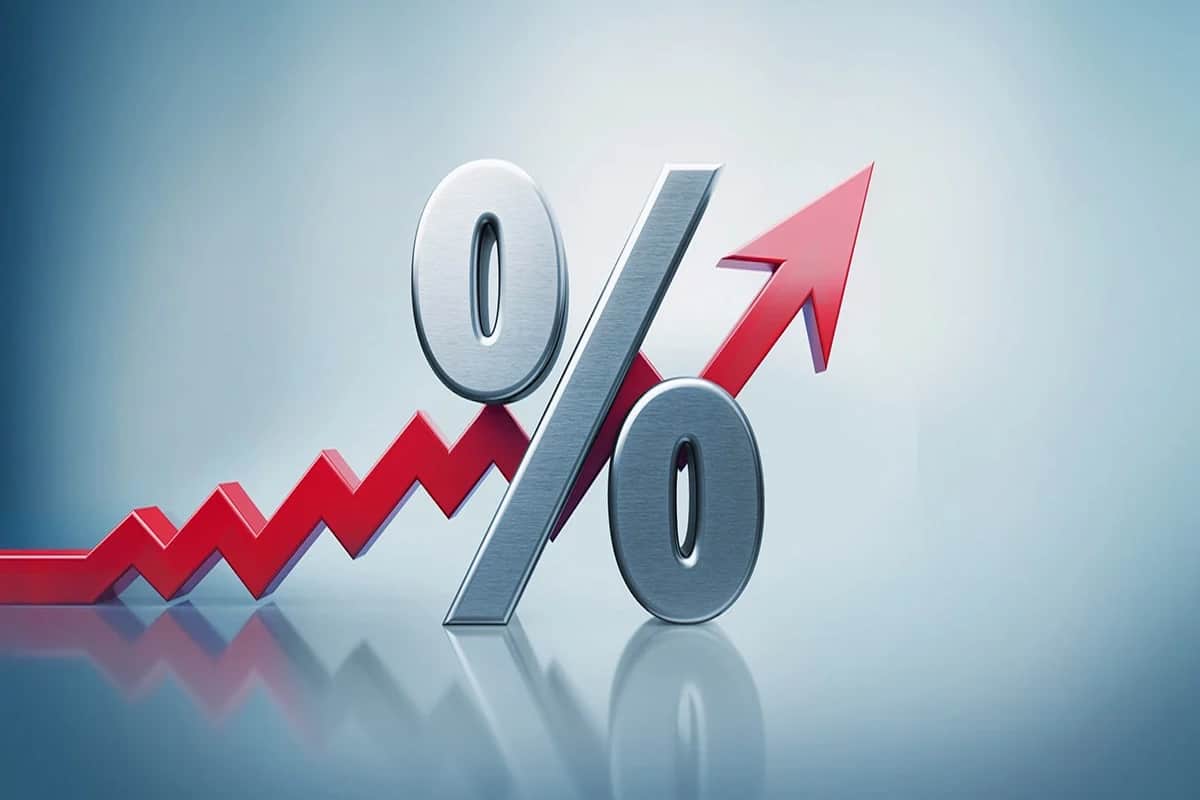The housing market is a vital component of any economy, and changes in interest rates can have significant implications on its dynamics. One of the most influential factors affecting the housing market is the fluctuation of interest rates by central banks. In this blog, we will explore the effects of raising interest rates on the housing market and how it can influence both homebuyers and homeowners.
Effect on Mortgage Rates
When central banks raise interest rates, it affects the cost of borrowing money for financial institutions. Consequently, mortgage rates tend to increase as well. For potential homebuyers, higher mortgage rates translate into higher monthly payments and a reduced borrowing capacity. As a result, some prospective buyers may decide to postpone their plans to buy a home, leading to a decline in demand for housing.
Housing Affordability
As interest rates rise, housing affordability decreases. Higher mortgage rates can push the cost of owning a home beyond the reach of some potential buyers, especially first-time buyers or those with lower incomes. This can lead to a slowdown in the housing market, as fewer qualified buyers can afford to enter the market.
Impact on Home Sales
Rising interest rates can dampen home sales activity. As mortgage rates increase, the demand for housing decreases, leading to a slowdown in the number of homes sold. This decrease in demand may result in an increase in the inventory of homes available for sale, leading to a shift toward a buyer’s market. In a buyer’s market, sellers may need to adjust their pricing expectations to attract potential buyers, further affecting property values.
Home Prices
While rising interest rates can contribute to a cooling of the housing market, the impact on home prices is complex and can vary depending on other economic factors. In the short term, home prices may experience a slight decline due to reduced demand. However, in the long term, if the economy remains strong and wages continue to grow, home prices may stabilize or continue to appreciate, although at a slower pace.
Refinancing Activity
When interest rates increase, homeowners with adjustable-rate mortgages or those seeking to refinance their existing fixed-rate mortgages may be discouraged from doing so. Higher rates reduce the incentive to refinance, as the potential savings from a lower interest rate diminish. Consequently, the reduction in refinancing activity could lead to decreased consumer spending and investment in the economy.
Investor Behavior
Higher interest rates can influence the behavior of real estate investors. As borrowing becomes more expensive, investors may face higher financing costs, leading to a potential decrease in real estate investments. Some investors may shift their focus to other investment vehicles with higher returns and lower borrowing costs.
 Conclusion
Conclusion
The housing market is sensitive to changes in interest rates, and a rise in rates can have a considerable impact on homebuyers, homeowners, and real estate investors. Higher interest rates result in increased mortgage costs, reduced housing affordability, and a potential decline in home sales activity. While the housing market may experience short-term adjustments, the long-term effects depend on various economic factors and policies. As the economy evolves, central banks must strike a delicate balance in managing interest rates to maintain stable economic growth while avoiding undue volatility in the housing market. For prospective homebuyers and homeowners, it’s crucial to stay informed about interest rate changes and consider their implications before making significant decisions in the real estate market.



